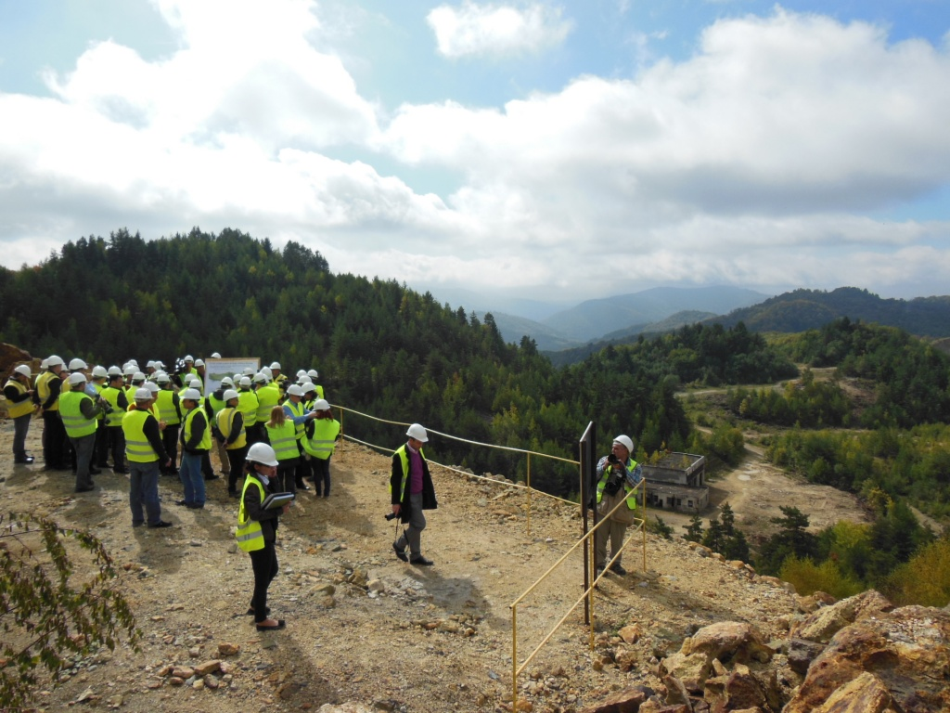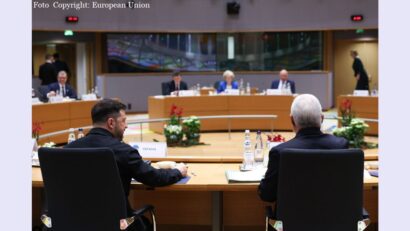Rosia Montana
The parliamentary committee in charge of assessing the gold mining project in Rosia Montana has begun work on a draft law to settle one of the most controversial cases in the history of mining in Romania.

Valentin Țigău, 16.10.2013, 13:20
A month ago, Romania’s Parliament set up a special committee to assess the draft law on the exploitation of the gold deposits in Rosia Montana, in the centre. This is one of the most controversial mining projects in Romania on account of its environmental impact caused by the use of cyanide. This is in fact the main reason why the start of mining activities by the Canadian company Gold Corporation has been blocked for years.
In an attempt to settle the issue and act as a mediator between the supporters and the opponents of the project, the newly created parliamentary committee has conducted a series of interviews with experts in areas such as the environment, geology, mining, culture and economics. The committee has now started to discuss each article of the draft law on Rosia Montana which is meant to settle the issue of the gold mining project in the Western Carpathians.
On Tuesday, the committee again had an interview with the minister in charge of wide-scale projects, Dan Sova. He addressed a series of issues, from the observance of environmental protection norms and the protection of archaeological sites to land expropriation in the area. Sova presented the economic advantages of the Rosia Montana project entailed by the new draft law and gave assurances that the Romanian state would keep a close eye on the project.
A former minister and member of the Democratic Union of Ethnic Hungarians, Attila Korodi warned, however, that the government’s view is not based on objective information, but on information provided by the Rosia Montana Gold Corporation. Korodi emphasised that despite what the company says, the cyanide method is not used anywhere in Europe. The National Liberal Party senator Dumitru Popescu Dian, whose party is opposed to the draft law although it is part of a government that supports the project, pointed out that this would allow a private company to conduct expropriations.
In his opinion, this sets a dangerous precedent. In response, minister Sova said all expropriations would be conducted based on a governmental decision and that the reason why a private company was given the right to conduct expropriations was because it was more efficient than the public administration. Sova also said that no decision would be taken by the company without an agreement from the Romanian side and that there is no danger of economic loss. The parliamentary committee is expected to make public its final decision and present it to Parliament in a few days’ time.






























